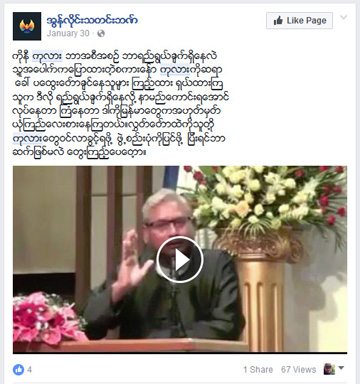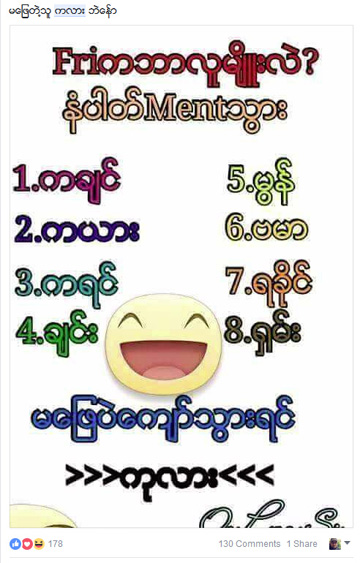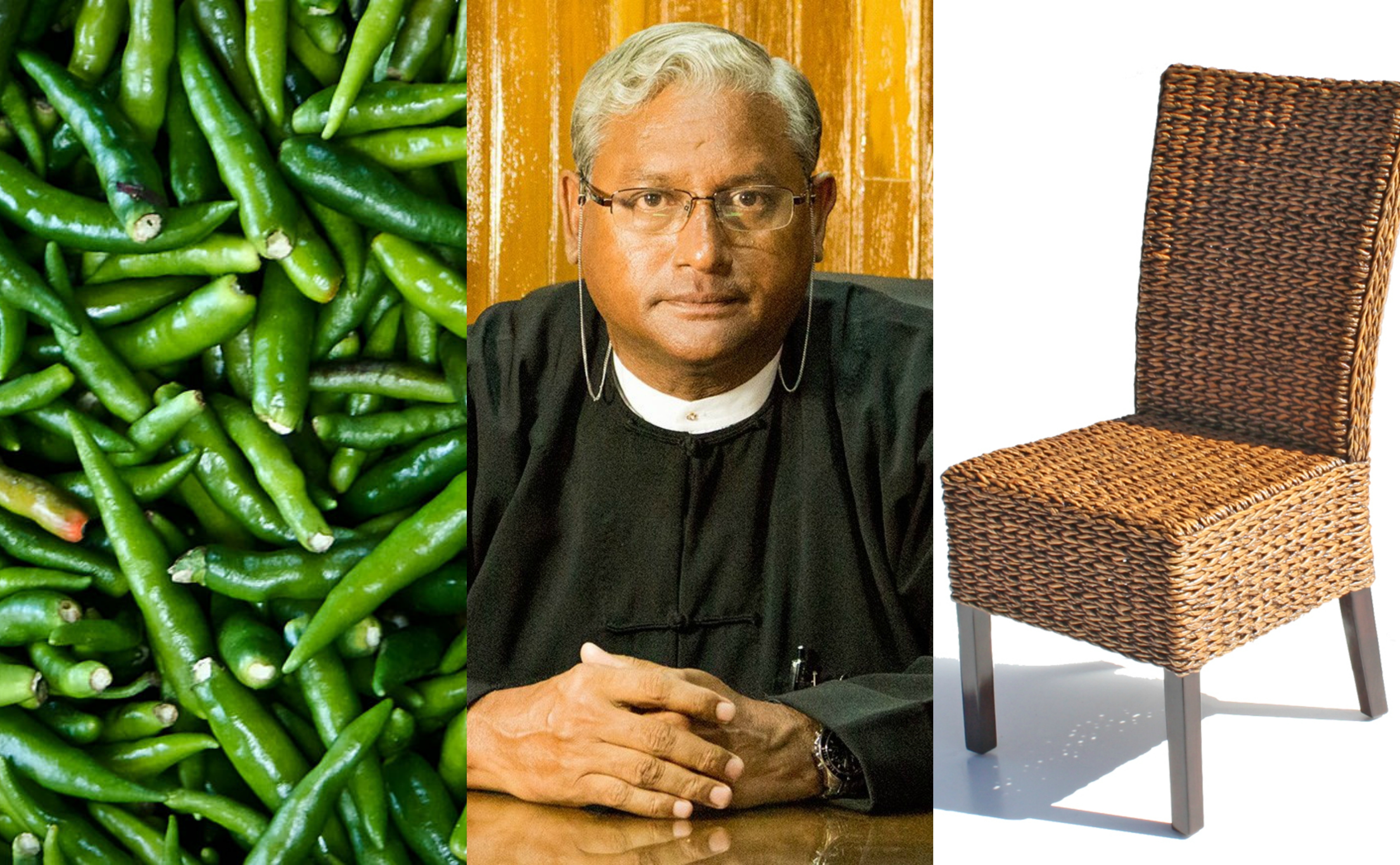In a piece titled ‘Opening a Can of Worms in Burmese Teaching: Tackling Controversial Words in a Language Class‘ writer Kenneth Wong talks about the struggles of teaching contentious Burmese words — and their linguistic origins — to an American audience. Below is a reprint of Wong’s research into the history behind the word ‘kalar’, one of the most controversial words in the Myanmar language today.
By Kenneth Wong
One internet meme circulated on social media by Burmese users quips: “If you ask someone what their race is, they should be able to reply Kachin, Mon, Kayar, Rakhine, Shan … [names of the major ethnic races recognized as part of Burma]. But if they don’t answer, they’re probably Kalars.”
The ultra-nationalist social media users sometimes call the late U Ko Ni, a constitutional scholar and advisor to Aung San Suu Kyi’s NLD party, as “Ko Ni Kalar.” (U Ko Ni was assassinated in January at Yangon International Airport. Many believe his Muslim faith, along with his work to undermine the Burmese military’s power in the parliamentary structure, made him a target.)

Is this word dangerous? Is there any benefit to policing its use? An exploration of the word’s history complicates such a proposal.
The Myanmar-English Dictionary, compiled and printed by the Department of Myanmar Language Commission under the Ministry of Education in 1993 lists the Pali word kula as the origin of kalar.
Examples like these suggest the Burmese word kalar – the word for people of south Indian origin – is a hurtful, racist word and should be avoided. Certainly the word can be used as an insult, to highlight someone’s skin color or foreign ancestry as a sign of inferiority. But tracing the word’s origin and a more careful examination of its usage over time reveals kalar can be benign or hurtful.
In U Hote Sein’s Pali-Myanmar Dictionary, the Pali word kula is defined as: race, noble race, home, one’s parents’ home, or a patron feeding and taking care of one.
But somehow, over time, the word kalar in Burma became inseparably linked to people of Indian origin. Lentil beans, for example, are called kala-bae (“beans of the kalars”); and a type of chili known for its extraordinary heat is called kala-awe thee (“chili that makes the kalar scream”). People with Indian ancestry who live in Burma may also refer to themselves as kalar lu myo (“of the kalar race”), and India as kala-byi (“the country of the kalars”). In these cases, the word kalar is devoid of toxic connotations. Nobody should be insulted by the word kala-bae or kala-awe thee (least of all, the lentil and the chili).

It’s worth noting that during the colonial era, the Burmese — especially the nationalists — used the word kala-phyu, or “white kalars,” to refer to Europeans and Caucasians. Much earlier, in the historical work Hman Nan Yazawin or The Glass Palace Chronicles, compiled around 1830s, Filipe de Brito e Nicote, the Portuguese adventure who declared himself king of Thanlyin and ruled there briefly, was described as “kalar nga Zingar”— Zingar the Kalar. Was de Brito so sunburned and darkened from years of military campaign that he was virtually indistinguishable from the south Indians? Who knows? But a more probably explanation is, people back then used the word kalar to refer to a much broader category of foreigners than Indians.
Even the construct of the Burmese word for “chair” — kala-htaing (kalar + seat) — strongly suggests that the furniture might have been introduced by foreigners.
So, if one were to ban the word kalar altogether, one may also have to come up with other awkward and possibly comical alternatives for lentil, chair, and many other words. (It’s a little too late to rebrand lentil as Myanmar pae, or “the beans of the Myanmars.”)
Besides, I’m of the opinion that solving social problems at the linguistic level is a cop-out. The proposed fixes don’t address the root causes. English speakers have effectively stopped using the derogatory N-word for black people, but the recent police shootings of unarmed black men suggests the society’s attitude and treatment of the marginalized segment has not changed much.
Kenneth Wong is a Burmese-American writer, blogger, and the author of A Prayer for Burma, a travelogue. His short stories, essays, articles, and poetry translations have appeared in California College of the Arts’ Eleven Eleven magazine, Boston University’s AGNI magazine, San Francisco Chronicle, Irrawaddy, and Myanmar Times, among others. He currently teaches Introductory Burmese at UC Berkeley, California. He has a fondness for Burmese tea-leaf salad (as most Burmese do) and bad puns (as most writers do).



